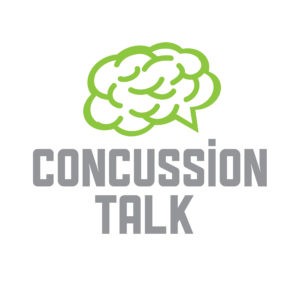I’ve written two blog posts (attempted posts, really) about relating to people since my brain injury. They now sit in the ‘Posts’ section as drafts Relating 1 and Relating 2. I was happy with my first one until I realized that I just kept talking about my brain injury and recovery, very slowly meandering to a vague point. So I started a second post. That one was more direct and I was writing some good stuff! At least that’s how it felt at the time. That time, however, as I was really going at the crux of the post, I realized that I couldn’t truly relate to what I was writing. Bringing me to my this third and hopefully final attempt.
In my previous 2 drafts I concentrated my writing on why I found it difficult to relate to people since my brain injury, about how many of their experiences weren’t my experiences. In the midst of that narration, I began a spiel about how the comparison of the feelings from one experience to another, different experience, is based on a false premise. While writing that, I started to figure out that I was approaching this topic from the wrong angle. It’s not that most other people my age have experiences to which I can’t relate, it’s that I have trouble relating my most important experiences to others.
It’s a real credit to my friends and family that I was able to enjoy life so much when I was in hospital, in rehab, and with little energy to go out at night. I wasn’t able to enjoy playing sports as much as I did before my brain injury, so I missed out on an important part of my social life, but my friends and family included me in everything. For example, I really miss playing water polo, and my brain injury has prevented me from playing since, but the team/club is still full of the friends and teammates I had as a teenager – and some new faces – and, although I’m not in the water showing them how I improved in university, I help out with games twice a week. It’s great and it’s fun to be at the games, around the sport that I played for so long and from which I have so many great memories. However, it’s not the same as playing and being part of the united effort it takes to win any game at any level, with friends. It’s not worse or better. It’s different. I can’t compare the two.
It’s not necessarily hard to convey the fact that they are two distinct feelings, it’s hard to convey that the two feelings are distinct. The problem is everyone needs a reference point. When I tell people that I was in a coma, I’m sometimes asked what it was like, to which I answer truthfully, “I don’t know” or “nothing”. Granted, that’s not helpful, but for me, it’s honest. I was riding my bike and I woke up in a hospital room. That’s what it was like.
“Is it like sleeping?” or “Is it like fainting?” Not for me, but I’m not the only person who’s ever been in a coma. Neither do I know the way you feel when you have fainted or when you sleep, so I can’t give a good answer. That’s not to say that those questions bother me. Just the opposite. When people ask these questions, they’re obviously trying to understand something with which they don’t have experience. That’s cool.
As I stated above, it can be tough to relate my on-going experience of having a brain injury. However, one of the most rewarding things I’ve discovered is that I don’t need to. Â I have this experience that I can’t relate well to others, but others have experiences they can’t relate well to me (or anybody else for that matter). This experience is mine alone, and though it can be difficult, so what? I see my brain injury as something that has seriously affected my life, but whether I like it or not, it’s part of my life.

October 8, 2012
Exceptional post however , I was wondering if
you could write a litte more on this topic? I’d be very thankful if you could elaborate a little bit further. Bless you!